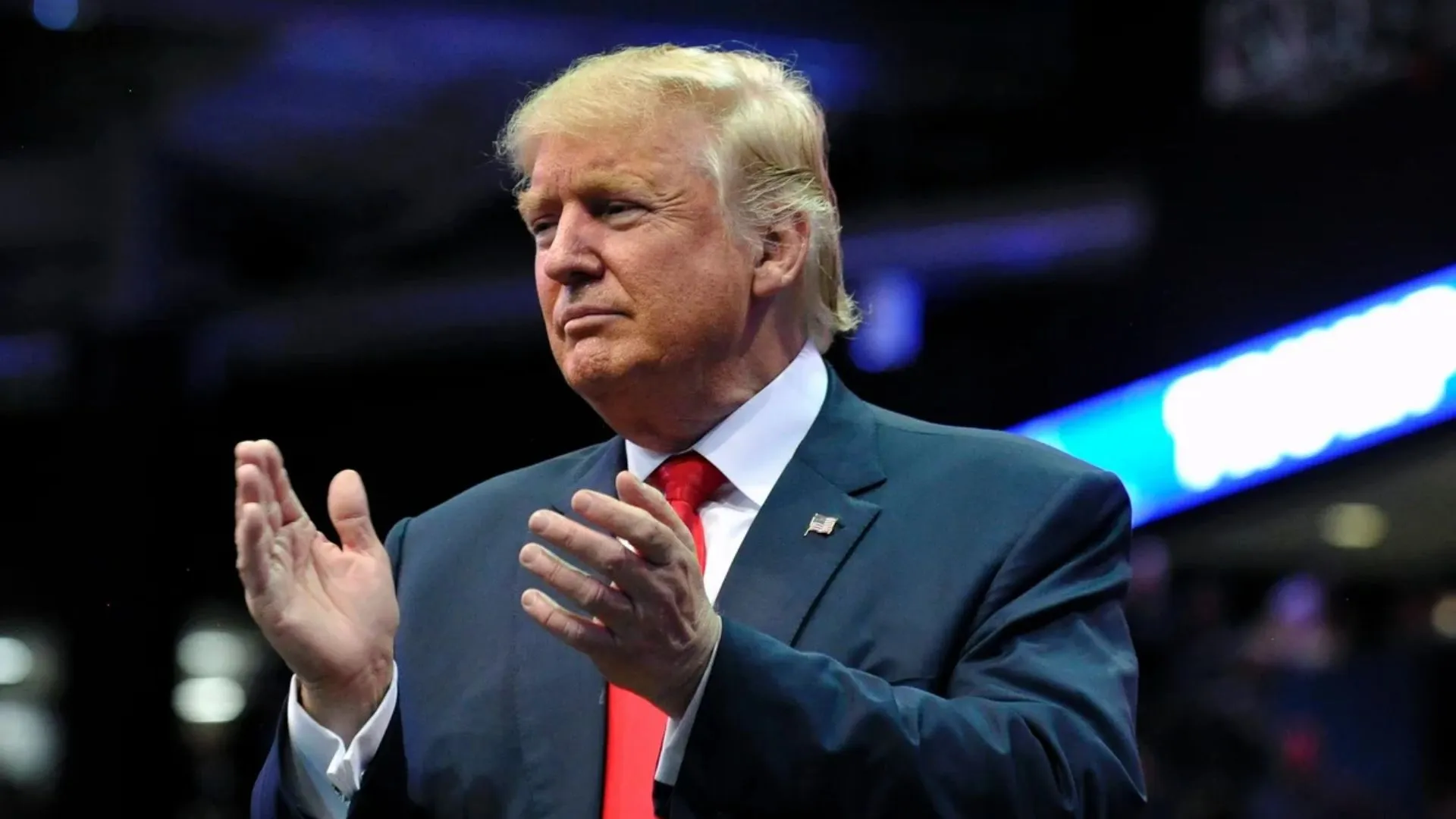Donald Trump’s upcoming cabinet is garnering attention as a significant victory for India, featuring several prominent Indian-origin figures, some of whom have drawn attention for their outspoken support of their Hindu heritage. This cabinet, dubbed “Trump 2.0,” highlights the growing influence of Indian-American lawmakers in U.S. politics.
Kash Patel and Tulsi Gabbard Join Trump’s Team
Among the notable appointments is Kash Patel, a 44-year-old Trump loyalist of Gujarati descent. His nomination, alongside figures like Tulsi Gabbard and Vivek Ramaswamy, has attracted attention not only for their political positions but also for their unabashed embrace of their Hindu roots.
Tulsi Gabbard, despite not having direct ties to India, has always openly expressed her Hindu beliefs, particularly her connection to the teachings of the Hare Krishna philosophy. She has frequently been seen chanting bhajans and prayers, and even carried her Bhagavad Gita during her deployment in Iraq. In 2016, Gabbard swore her oath of office with her hand on the sacred text, reaffirming her deep connection to her faith. As a congresswoman, Gabbard made advocating for stronger U.S.-India relations a priority and committed to being a voice for India’s interests in Congress.
Vivek Ramaswamy’s Unapologetic Faith
Vivek Ramaswamy, a former presidential candidate and loyalist to Trump, has been appointed to lead the Department of Government Efficiency. Ramaswamy, when asked about his religious beliefs, stated proudly, “I’m Hindu, and I’m proud of that. I stand for that without apology. I believe my faith will strengthen my commitment to defending religious liberty.” While he identifies with his Hindu heritage, Ramaswamy emphasizes universal values, asserting that his faith will not interfere with his adherence to the law in any official capacity.
Kash Patel’s FBI Nomination Stirs Controversy
Another key figure, Kash Patel, has been nominated by Trump for the position of FBI Director, a choice that has raised some eyebrows. Patel, known for his unwavering support of Trump’s agenda, including the “drain the swamp” movement, has also been an outspoken advocate for the Ram Temple in Ayodhya. He has criticized Western narratives that overlook the temple’s historical significance, stating, “Whether or not you are Hindu or Muslim, there was a Hindu temple there for one of the quintessential gods in the Hindu pantheon in 1500 that was toppled, and they have been trying to get it back for 500 years. Washington establishments conveniently forgot this part of history.”
Additional Appointments Highlighting Indian Heritage
Beyond Patel, Trump has also nominated Dr. Jay Bhattacharya, an Indian-origin figure with ties to Kolkata, as the director of the National Institutes of Health. Bhattacharya has not publicly declared his stance on religion, but his appointment adds to the growing number of Indian-American individuals in key positions within the government. Usha Chilukri Vance, an Indian-American Hindu, will also play a key role as the second lady, married to the incoming Vice President JD Vance.
These appointments reflect Trump’s continued reliance on Indian-American figures, signaling a deeper connection between his administration and the Indian-American community. As these figures assume high-profile roles, their influence on U.S. policy, particularly regarding India, is expected to grow.


















